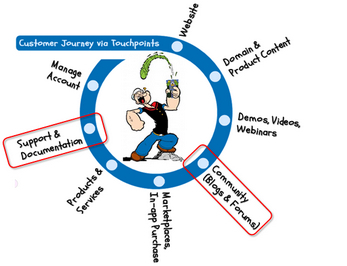 … because the head is listening!
… because the head is listening!
In my last article I wrote about the FIT XXth World Congress in Berlin hosted by the BDÜ, and the idea they had of attempting to elicit questions prior to the event through their Conference Bulletin Board. This was a really great idea because it gives the tool vendors the opportunity to focus their presentations and workshops on the things users really want to know about.
There can be nothing worse, for an experienced user, than turning up to an hours presentation and listening to the same presentation on how to do the basics with a translation tool that you hear every time you make the effort to improve your knowledge.
So the idea of raising questions from people who wish to attend prior to the event is a really good one because not only does it mean the content should be more relevant to the things users really want to know, but it also gives the vendor time to prepare for any really tricky questions that might otherwise have to be taken off line. So I thought I’d use this article to do two things.
- Shamelessly promote a couple of conferences I’m attending this year where there are opportunities to ask questions
- Get some questions!!



 Since writing
Since writing  I love this cartoon with the husband and wife fishing on a calm weekend off.
I love this cartoon with the husband and wife fishing on a calm weekend off. If you’ve ever posted a question into a forum, particularly about XML, and found that when it was published the main part of your question where you showed the XML had disappeared then this short article will be interesting for you! I see this all the time in ProZ.com, or when people ask me questions in the comments of this blog, and I can imagine the frustration they must be feeling as they post it again once or twice… all to no avail!
If you’ve ever posted a question into a forum, particularly about XML, and found that when it was published the main part of your question where you showed the XML had disappeared then this short article will be interesting for you! I see this all the time in ProZ.com, or when people ask me questions in the comments of this blog, and I can imagine the frustration they must be feeling as they post it again once or twice… all to no avail! tomer Experience”. If you use twitter, if you follow the activities of SDL through their website, or if you read the mailers we occasionally send out then you’ll probably have come across this expression quite a lot because SDL has completely
tomer Experience”. If you use twitter, if you follow the activities of SDL through their website, or if you read the mailers we occasionally send out then you’ll probably have come across this expression quite a lot because SDL has completely 
 This week SDL launched an
This week SDL launched an 